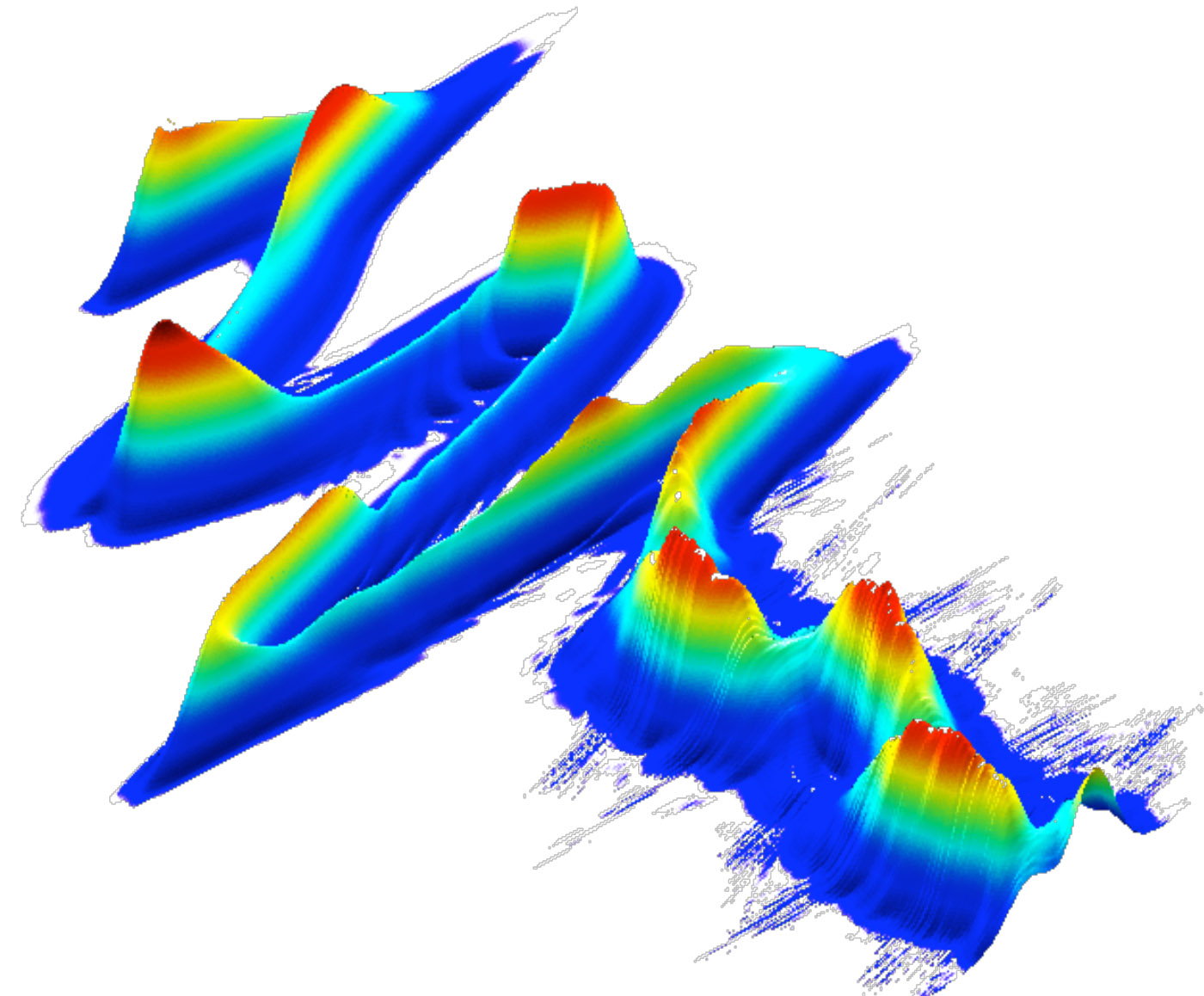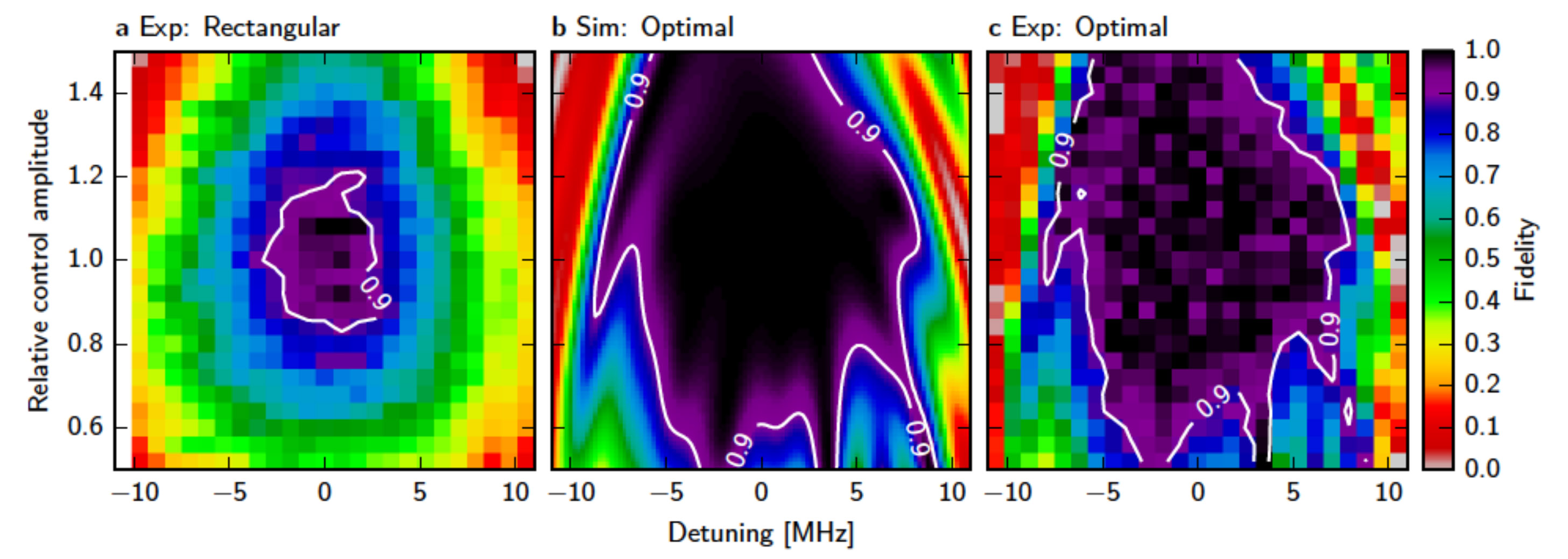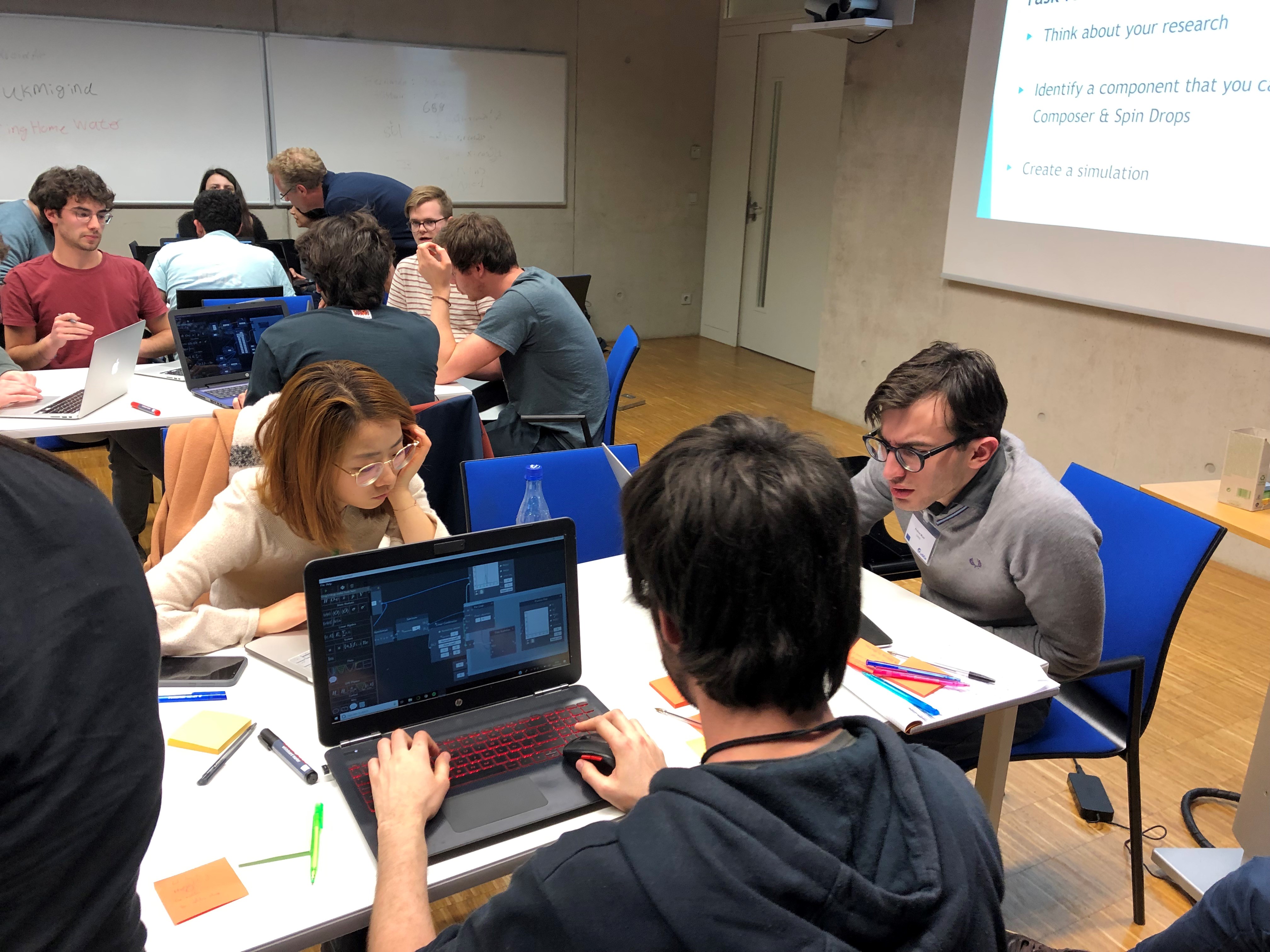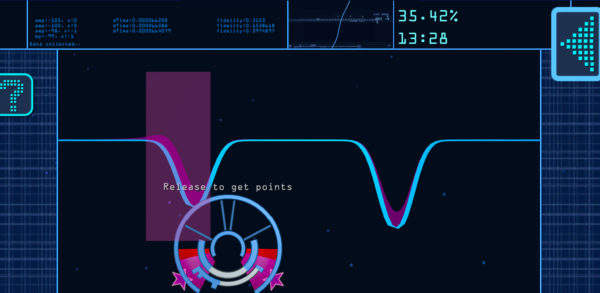
Project
Quantum technologies aim to exploit quantum coherence and entanglement, the two essential elements of quantum physics. Successful implementation of quantum technologies faces the challenge to preserve the relevant nonclassical features at the level of device operation. It is thus deeply linked to the ability to control open quantum systems. The currently closest to market quantum technologies are quantum communication and quantum sensing. The latter holds the promise of reaching unprecedented sensitivity, with the potential to revolutionize medical imaging or structure determination in biology or the controlled construction of novel quantum materials. Quantum control manipulates dynamical processes at the atomic or molecular scale by means of specially tailored external electromagnetic fields. The purpose of QuSCo is to demonstrate the enabling capability of quantum control for quantum sensing and quantum measurement, advancing this field by systematic use of quantum control methods. QuSCo will establish quantum control as a vital part for progress in quantum technologies. QuSCo will expose its students, at the same time, to fundamental questions of quantum mechanics and practical issues of specific applications. Albeit challenging, this reflects our view of the best possible training that the field of quantum technologies can offer. Training in scientific skills is based on the demonstrated tradition of excellence in research of the consortium. It will be complemented by training in communication and commercialization. The latter builds on strong industry participation whereas the former existing expertise on visualization and gamification and combines it with more traditional means of outreach to realize target audience specific public engagement strategies.
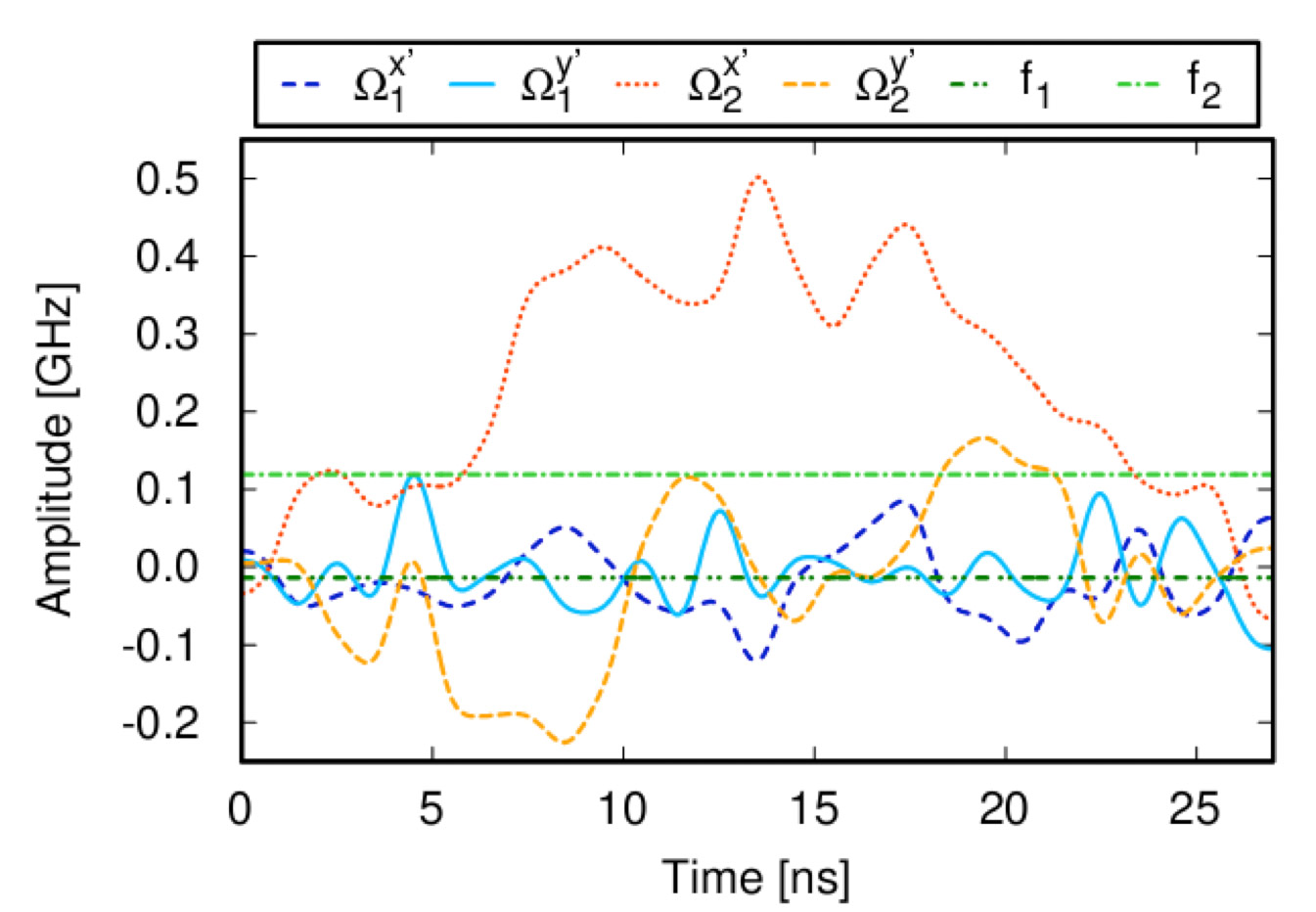
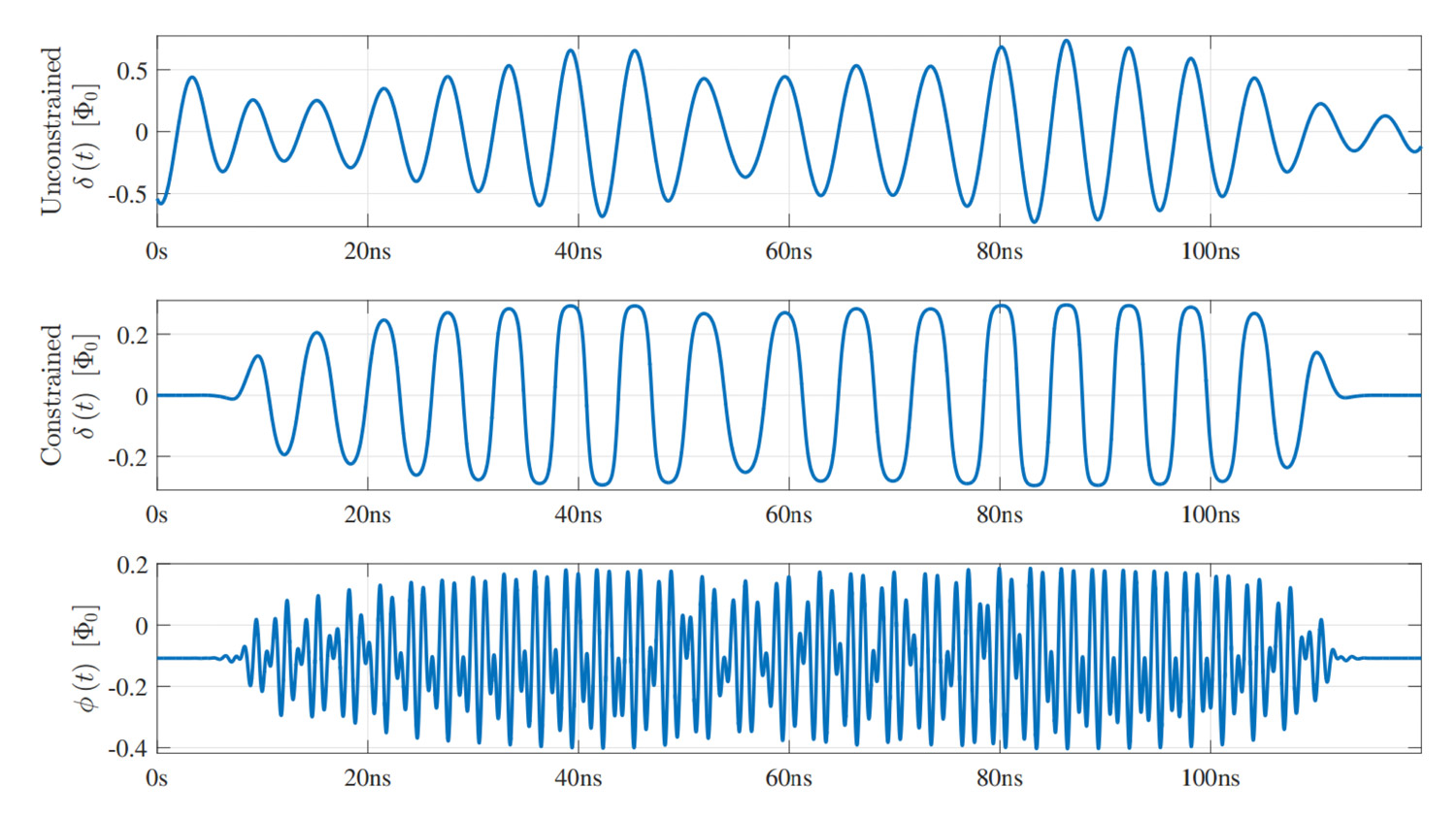
work package 1
Foundations of quantum optimal control for quantum sensing and measurements
Start Month 1 – End Month 48
Lead Beneficiary: INRIA
The aim of WP1 is to establishing mathematical foundations of optimal control of open quantum systems with and without measurement. We will investigate accessibility and (approximate) controllability to explore the limits of control of open quantum systems. We will attack this problems both using techniques coming from mathematical analysis and from algebra. Also we will develop new numerical optimal control techniques tailored to disruptive and non-disruptive measurements and we will explore the limits of control under dissipation as well as reservoir engineering. We will then adapt these theoretical tools to the different experimental platforms of QuSCo.
TASK 1: New developments in the control of open quantum systems?
TASK 2: New developments for a system theoretical description of controllability
TASK 3: New developments for numerical optimal control
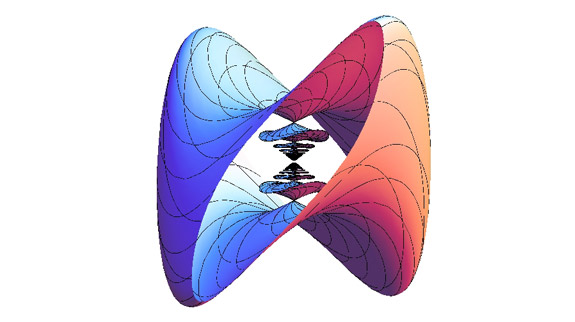
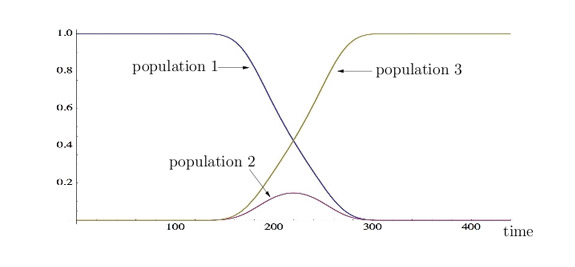
work package 2
Quantum sensing of classical signals
Start Month 1 – End Month 48
Lead Beneficiary: CEA
This WP deals with the measurement of classical signals by single or ensembles of quantum systems. The goal here is to use at its maximum potential the quantum nature of the sensor by applying elaborate quantum optimal control schemes as well as quantum state engineering to enhance its sensitivity. We will achieve this in 3 different types of sensors : NV centers in diamond (magnetic field sensing), neutral atoms (magnetic and electric field sensing), and dopants in silicon (magnetic resonance spectroscopy)
TASK 1: Optimal control for quantum sensing
TASK 2: Quantum state engineering for quantum sensing
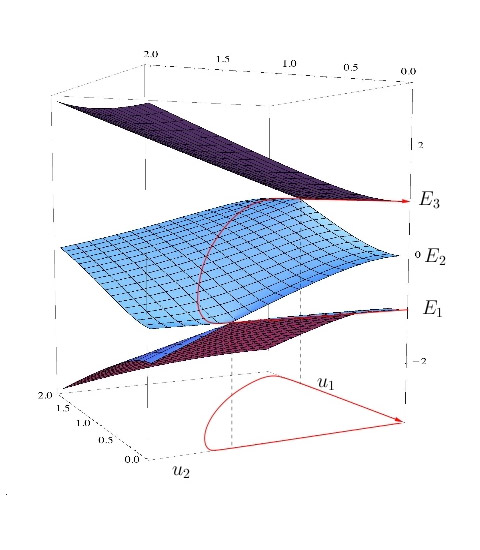
work package 3
Quantum sensing of quantum signals and quantum measurements
Start Month 1 – End Month 48
Lead Beneficiary: TU-Wien
This WP focuses on situations where one needs to control and/or read out quantum properties of complex many body quantum systems. The main objectives are to
(i) develop quantum-limited measurement tools for large complex quantum systems and minimize / fully control the quantum back action;
(ii) develop tools for optimized control of quantum properties of complex quantum systems and steering quantum many quantum body dynamics from the measurements;
(iii) closed-loop control complex many body quantum systems. Typical applications will be in setting, controlling and reading quantum computation, quantum communication, and quantum simulation, as well as investigating fundamental questions about many body quantum systems in general. Systems studied are: complex multi-qubit circuit QED systems and ultra-cold atom quantum many body systems.
TASK 1: Tailor measurements in a complex multi-qubit quantum processor
TASK 2: What can one infer from measurements on large cold atom based many body quantum systems?
TASK 3: Repeated quantum-limited measurement of many body systems and study its quantum feedback onto the system
TASK 4: Combine the above and establish control of quantum many body systems
work package 4
Training
Start Month 1 – End Month 48
Lead Beneficiary: USAAR
QuSCo will offer genuine added value by training its ESRs in both scientific and transferable skills. On the scientific side, it will provide a common, cross-disciplinary background in the areas of quantum control, sensing, and measurement to all ESRs and it will help each ESR to deepen her/his knowledge in selected topics. This will be complemented by teaching all ESRs how to develop a research and/or business proposal, how to communicate research effectively to different target audiences, how to organize a workshop and how to manage their time properly.
Young researchs in QuSCO receive bespoke crossdisciplinary training in aspects of theory and practice of optimal quantum control
First QuSCO school:
A deep dive into theoretical and practical tools
Student–organized workshop:
Young researchers organize a workshop with internal speakers and guests on their own
Second QuSCO school:
Deepening your understanding of optimal control in an industrial setting
International conference:
Show off what has been achieved to the community
Young researchs in QuSCO learn much more than core science skills on their way of becoming research leaders of the future Continuous training
Idea factory:
Develop an idea into a grant proposal or a business plan
Outreach:
Develop your portfolio for public engagement and communication
Training happens beyond our events
Supervision and experience through an experienced academic and industrial advisors
Secondments:
Spend structured time to learn from multiple places in the network
QuSCo on air:
Electronic seminars
The ESR in charge for the workshop is Marwa Garsi (TTI – SQUTEC)
QuSCo reference library:
Consisting of material from PhD theses, proceedings and review papers, carefully selected to be useful for a newcomer to get started on quantum control, with the aim of bridging the gap between basic training offered in lectures at universities and highly specialized articles and thus serve as a reference apparatus for future researchers in the field.
The ESR in charge of the maintenance of the library are:
Federico Roy (USAAR/IBM) – technical aspects
Eugenio Pozzoli (INRIA) – Mathematics
Fernando Gago Encinas (UNIKASSEL) – Numerics
Andrea Muni (CNRS) – Atomic Physics
Alastair Marshall (NVIS) – NV Centers
Max Werninghaus (IBM) –
Journal Club:
A student organised and driven weekly meeting, where the students present relevant articles they came across
ESR responsible: Phila Rembold (UULM/FZJ/UNIPD)
work package 5
Outreach
Start Month 1 – End Month 48
Lead Beneficiary: AU
We seek to efficiently communicate research pursued within QuSCo and, at the same time, demonstrate the power of gamification and visualization as dissemination strategies for state of the art quantum physics research.
Development and dissemination of interactive games and simulations
Optimal control algorithms will be incorporated into the existing Quantum Moves games on www.scienceathome.org and the SpinDrops app, developed by partner organization Glaser Systems, allowing players to learn about, compete directly with, and utilize interactively a suite of optimal control algorithms. This will allow audiences of all ages and educational backgrounds to understand and contribute to QuSCo’s research. To illustrate core scientific challenges and practices, a novel game on ’Lab Construction’ will be developed. It will interactively demonstrate the subtleties of lab management, via construction of a generic experiment, including subtle financial and scientific choices to be made in the design process. In addition, the network will expand the remote control quantum experimentation recently introduced by AU allowing citizens from around the world with no formal training to help optimize real experimental challenges in a playful manner. Dissemination of these games will advance knowledge of and interest in quantum physics research as well as STEM education and research in general.
Development of individual ESR outreach portfolios
ESRs will use adaptations of the AU and TUM graphical simulation packages to perform simple illustrations of their own research projects. They will design a ’game’ or graphical simulation relevant for their research and produce a small, easily accessible video presentation of their project. Selected games will be made available for the general public to play. Each ESR will write a popular science article on his/her research or a wikipedia entry on main quantum control concepts. ESRs will construct, under guidance from AU didactics researchers, targeted outreach packages or simple
learning trajectories for their line of research, consisting of simulations/graphical illustrations/games, small texts, and multiple-choice questions. These will target the general public as well as high school and/or university students.
Development and realization of local, on-site outreach activities incorporating novel teaching materials
The ESRs will adapt their outreach portfolio to a ’physical booth’ format and tour public science fairs such as the Danish Science Festival and the German Highlights der Physik, and conferences within adjacent fields such as chemistry and engineering, e.g., the annual European Control Conference (EEC). The material will also be used in local ’lab-nights’ and Girls’ Day events, in lectures for school kids on what is control and what can be done with it, and in a lecture on quantum control for a general audience which will be presented in conjunction with the International Conference.



